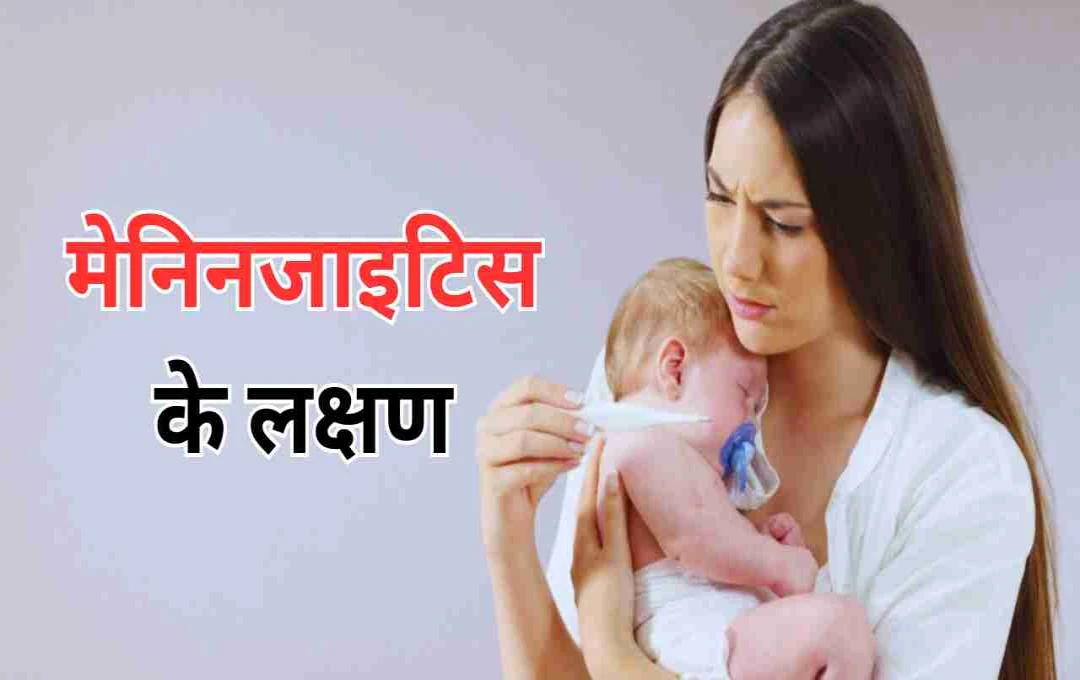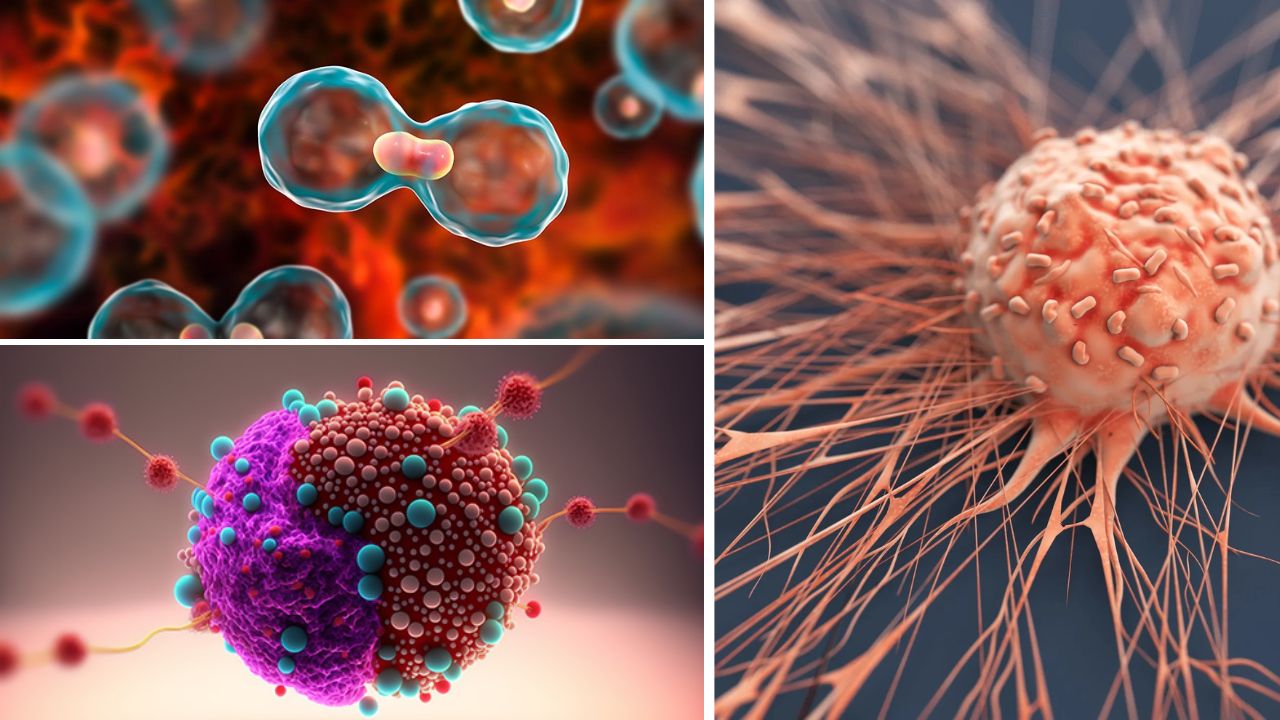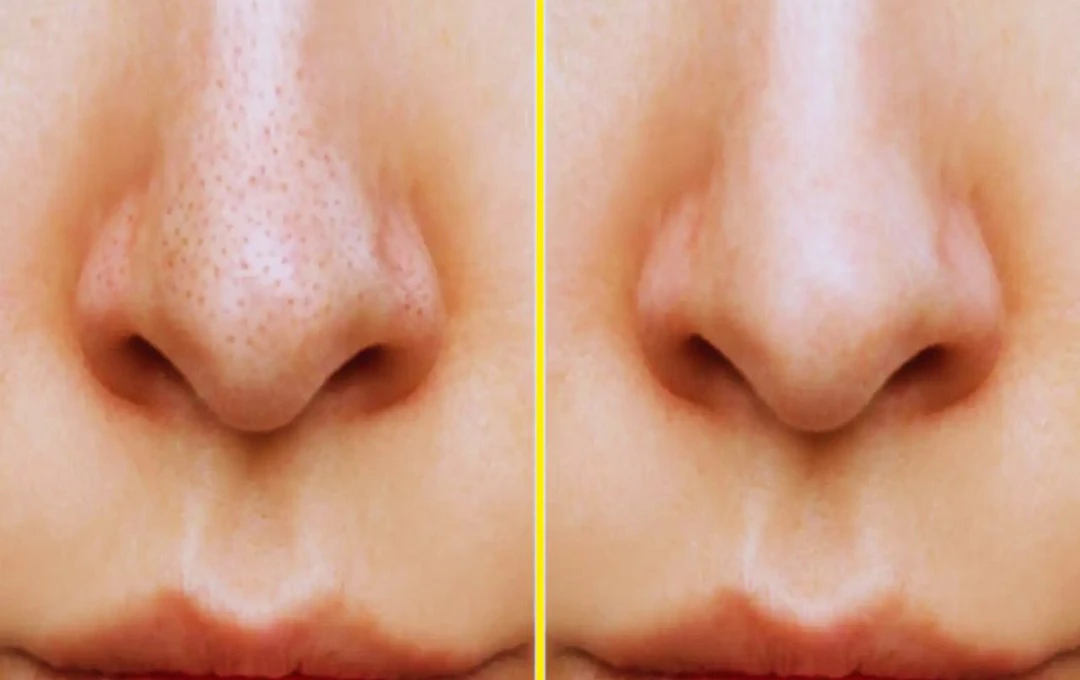In today's busy and unhealthy lifestyle, some diseases can become life-threatening without any prior warning. One such serious and dangerous disease is Meningitis, also commonly known as brain fever. This disease affects rapidly and can be fatal if not treated promptly.
The biggest challenge associated with Meningitis is that its symptoms are similar to common fever, but its consequences are far more deadly. Therefore, it is extremely important to be aware of it and seek treatment at the right time.
What is Meningitis?
Meningitis is a neurological disease in which the membranes (Meninges) covering the brain and spinal cord become inflamed. This inflammation can be caused by bacterial, viral, fungal, or parasitic infections. When this inflammation reaches a severe level, it can disrupt brain function, leading to weakened memory, reduced hearing, and sometimes even death.
Types of Meningitis
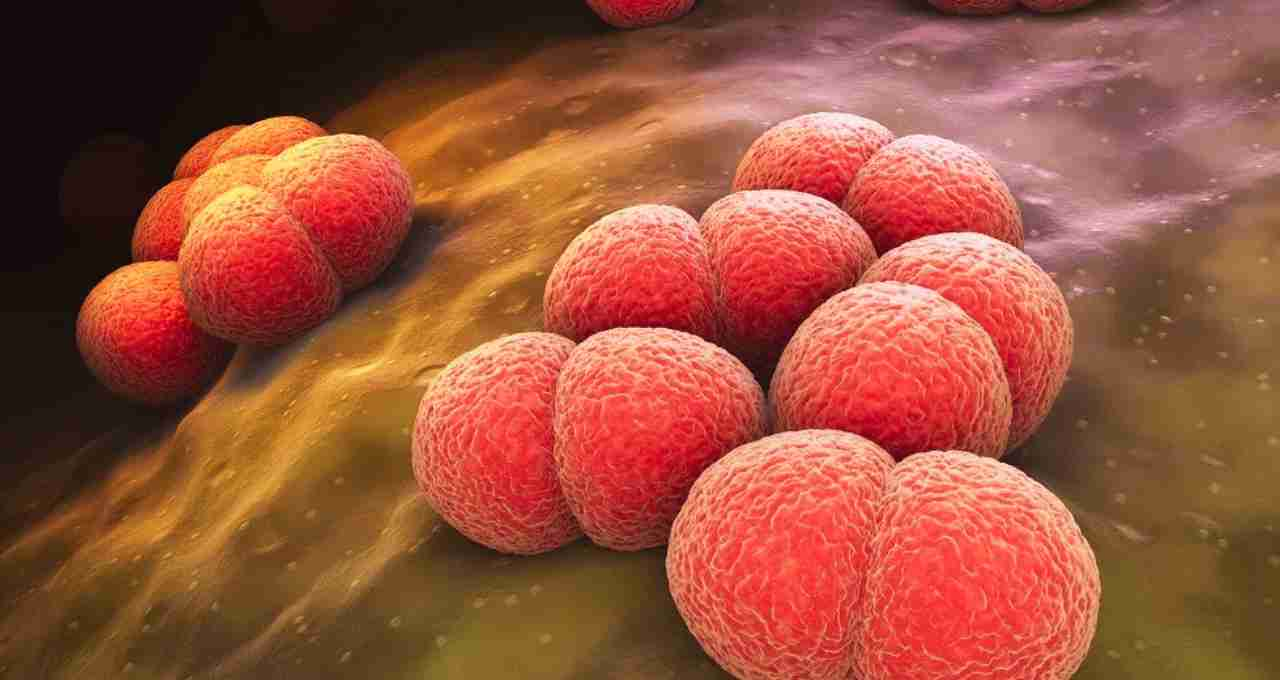
- Bacterial Meningitis: The most dangerous type, which can be fatal without treatment.
- Viral Meningitis: Comparatively less dangerous, but symptoms can be severe.
- Fungal Meningitis: Rare, but affects people with weakened immunity more.
- Parasitic Meningitis: Spread by parasites like amoeba.
- Chronic Meningitis: Can last for months, with symptoms appearing gradually.
- Primary Amebic Meningitis (PAM): Extremely rare but life-threatening.
How Does it Spread?
- Consumption of contaminated water or food
- Droplets released through coughing or sneezing
- Close contact with an infected person
- Bacteria reaching the brain through ear, nose, or throat infections
- Weakened immunity (especially in children and the elderly)
Major Symptoms of Meningitis
Initially, symptoms may resemble a common fever, but their rapid progression is characteristic of this disease.
- High fever and chills
- Stiff neck
- Headache that doesn't improve with medication
- Vomiting or nausea
- Sensitivity to light
- Difficulty concentrating
- Excessive sleepiness or unconsciousness
- Loss of appetite
- Red or purple rashes on the body (in bacterial meningitis)
- In children: constant crying, keeping the neck or head bent
Who is at Higher Risk?
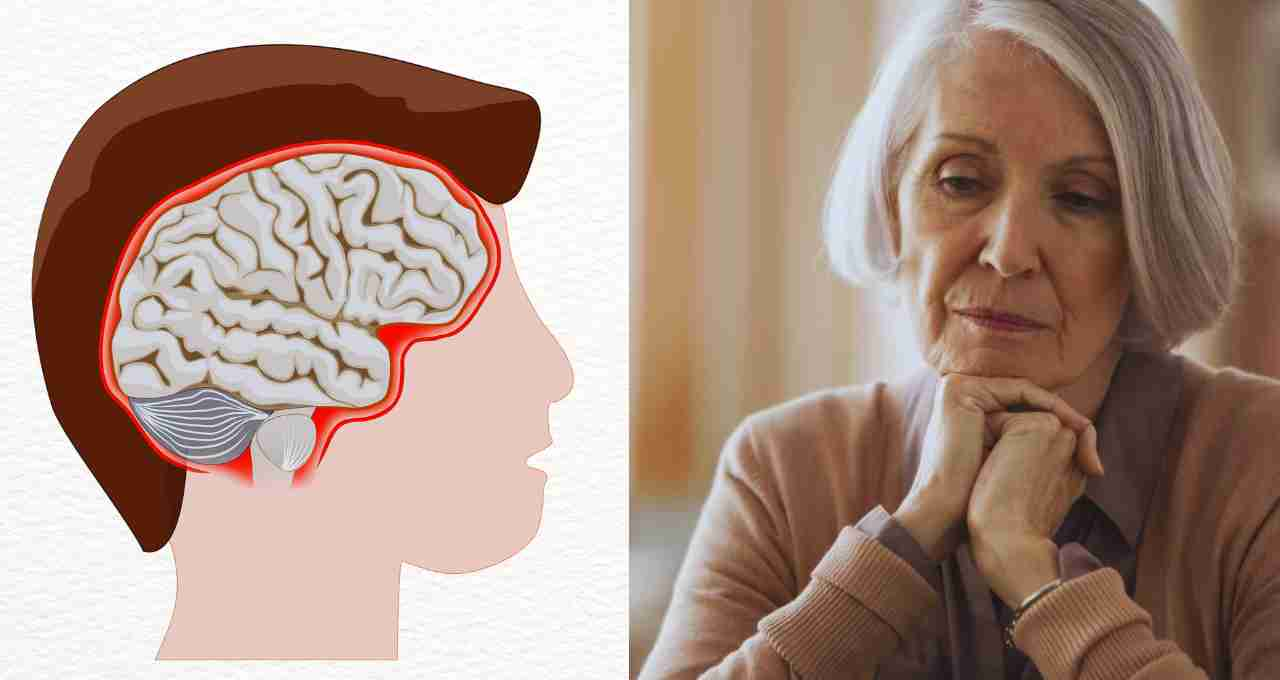
- Children under five years of age, due to their weaker immune system
- Elderly people, whose immunity decreases with age
- Cancer patients, HIV patients, or organ transplant recipients
- People living in crowded areas
- Individuals living in unsanitary conditions
Prevention of Meningitis
1. Vaccination: The most important way to prevent meningitis is vaccination. It's crucial for children to receive HIB, meningococcal, and pneumococcal vaccines on time.
2. Maintain Hygiene: Wash your hands frequently with soap, especially before eating and after using the toilet.
3. Avoid Contact: Avoid close contact with anyone showing symptoms of brain fever and seek medical advice.
4. Cover Mouth and Nose: Cover your mouth and nose with a handkerchief or tissue when coughing or sneezing to prevent the spread of the virus.
5. Avoid Contaminated Food: Avoid unhygienic or undercooked food from outside. Drink only clean water.
When to See a Doctor?
If you or your child experiences symptoms such as high fever, stiff neck, headache, vomiting, or unconsciousness, contact a doctor immediately. This is a life-threatening disease, and delaying treatment can have serious consequences.
Meningitis is a deadly but preventable disease. Awareness, hygiene, and timely vaccination can prevent it. If symptoms are identified and appropriate treatment is started in time, the patient's life can be saved and serious complications can be avoided.
